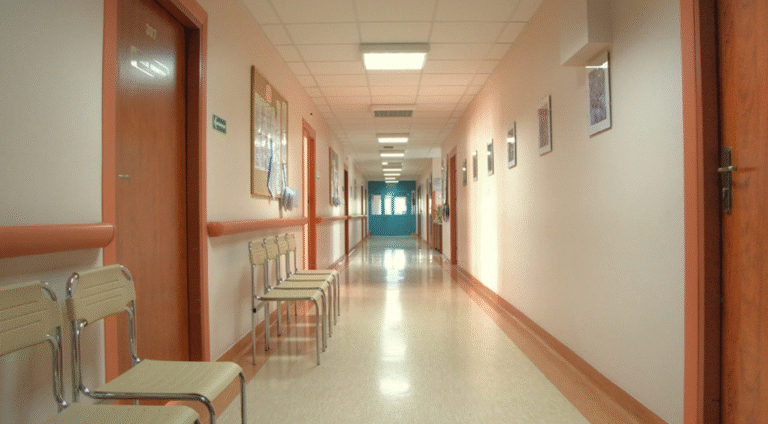Exploring the Connection Between Mental Health and Middle Back Pain
Mental and physical health are deeply intertwined, with stress, anxiety, and depression often manifesting physically. One common symptom overlooked in clinical settings is persistent middle back pain. While it’s frequently attributed to posture or muscle strain, the underlying issue may lie in unresolved psychological distress. Exploring the link between emotional health and somatic symptoms offers greater insight into comprehensive pain management. Understanding the correlation between mental well-being and middle back pain in Davie can help identify the root causes and guide effective professional intervention.
The Physiological Link Between Stress and Spinal Tension
Chronic stress doesn’t just stay in the mind; it builds tension throughout the body. When the brain perceives emotional distress, it triggers the sympathetic nervous system, leading to muscle contraction and reduced circulation. Over time, this constriction targets areas like the thoracic spine, where posture and stress are most closely connected.
Middle back pain becomes more than a biomechanical issue; it reflects a physiological response to psychological strain. This connection explains why addressing muscle tension in isolation rarely yields long-term relief.
Muscle Imbalance and Nervous System Feedback Loops
When mental health deteriorates, it disrupts the body’s natural alignment and movement patterns. Anxiety often prompts shallow breathing and a forward-leaning posture, placing additional pressure on the middle back. Prolonged patterns like these create muscular imbalances, particularly in the rhomboids and paraspinal muscles.
One way professionals support musculoskeletal relief is through targeted movement strategies. This includes the best stretches for middle back pain, which encourage flexibility and promote circulation in tense muscle groups. These methods not only restore balance but can act as a reset for the overstimulated nervous system.
Emotional Trauma Stored in the Spine
Unresolved trauma can store itself within the muscular system, particularly along the spine. Emotional suppression often results in physical tightness, leading to chronic pain syndromes. In clinical practice, patients presenting with persistent mid-spine tension frequently have underlying psychological histories of trauma, burnout, or prolonged anxiety.
Acknowledging this psychosomatic feedback loop is key. Rather than focusing solely on physical modalities, professionals recommend integrating therapeutic practices like cognitive behavioural therapy, guided relaxation, and mindfulness to support both systems.
Restoring Balance Through Holistic Therapies
An integrative approach is crucial in treating middle back pain linked to emotional health. While manual therapy, chiropractic care, and structured stretching are fundamental, adjunctive treatments have gained traction for their systemic impact.
One emerging option involves modalities like ozone therapy for middle back pain, which has shown promise in addressing chronic inflammation and improving oxygenation in tight tissues. When applied under professional care, these advanced treatments can recalibrate the immune and nervous systems, resulting in more sustainable outcomes.
Why Professional Help Is Essential
Addressing middle back pain related to mental health requires more than generic solutions. Professional assessments can help differentiate between structural and psychological sources of pain. A clinical team can also coordinate care across disciplines, such as physical therapy, psychotherapy, and integrative medicine, to provide a full-spectrum recovery path.
Moreover, unmonitored pain can evolve into maladaptive movement patterns, creating long-term damage. Professional services not only intervene early but also use tailored protocols to rebuild stability, restore alignment, and address contributing emotional factors in tandem.
Conclusion
The relationship between emotional wellness and physical discomfort is undeniable, particularly when it comes to middle back pain that residents report with no clear physical origin. Stress, trauma, and posture all intersect here, making it essential to approach the issue through both mental and musculoskeletal lenses. With the right professional support, ranging from structured stretching to advanced therapies, lasting relief becomes more than possible; it becomes the standard.






